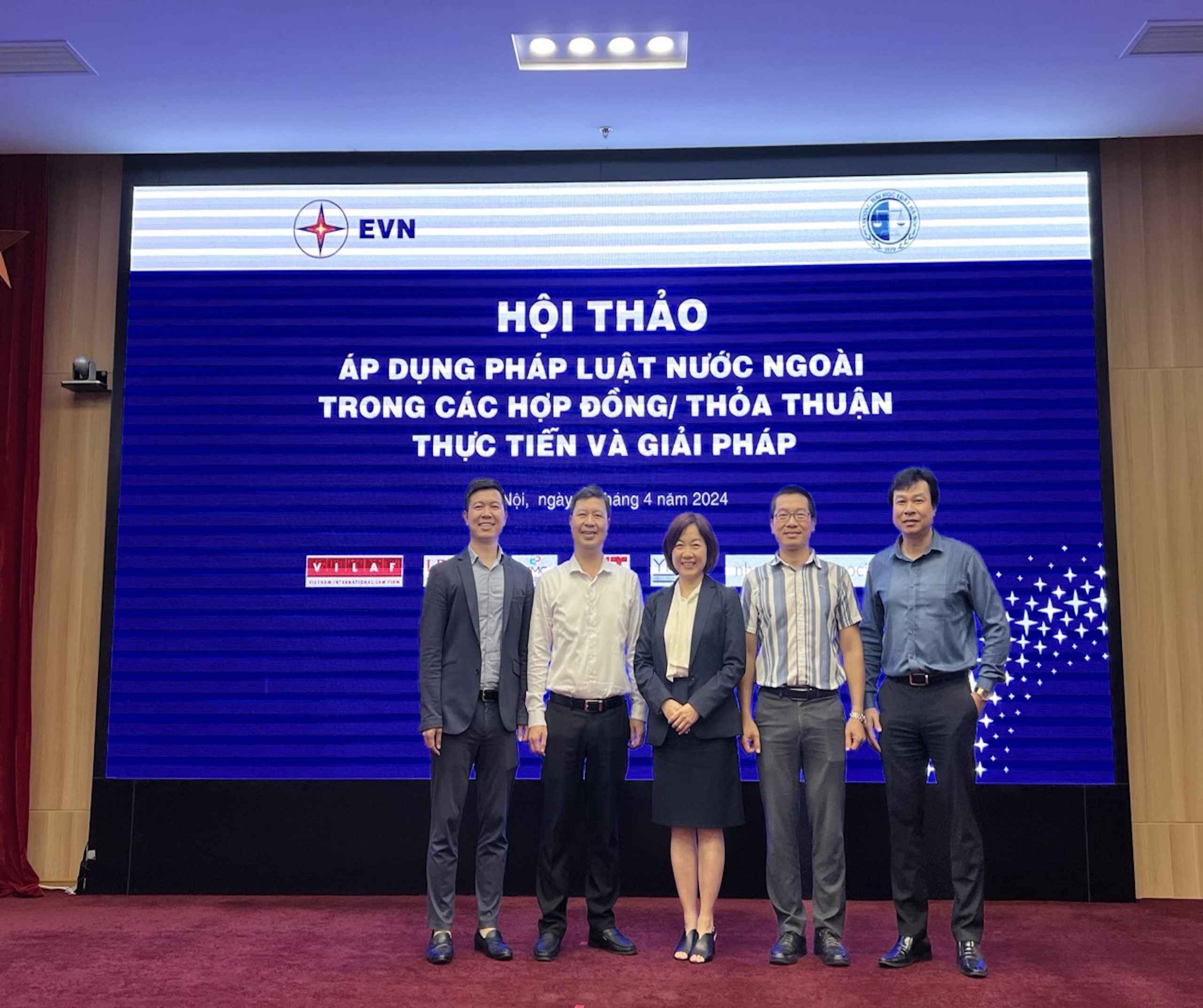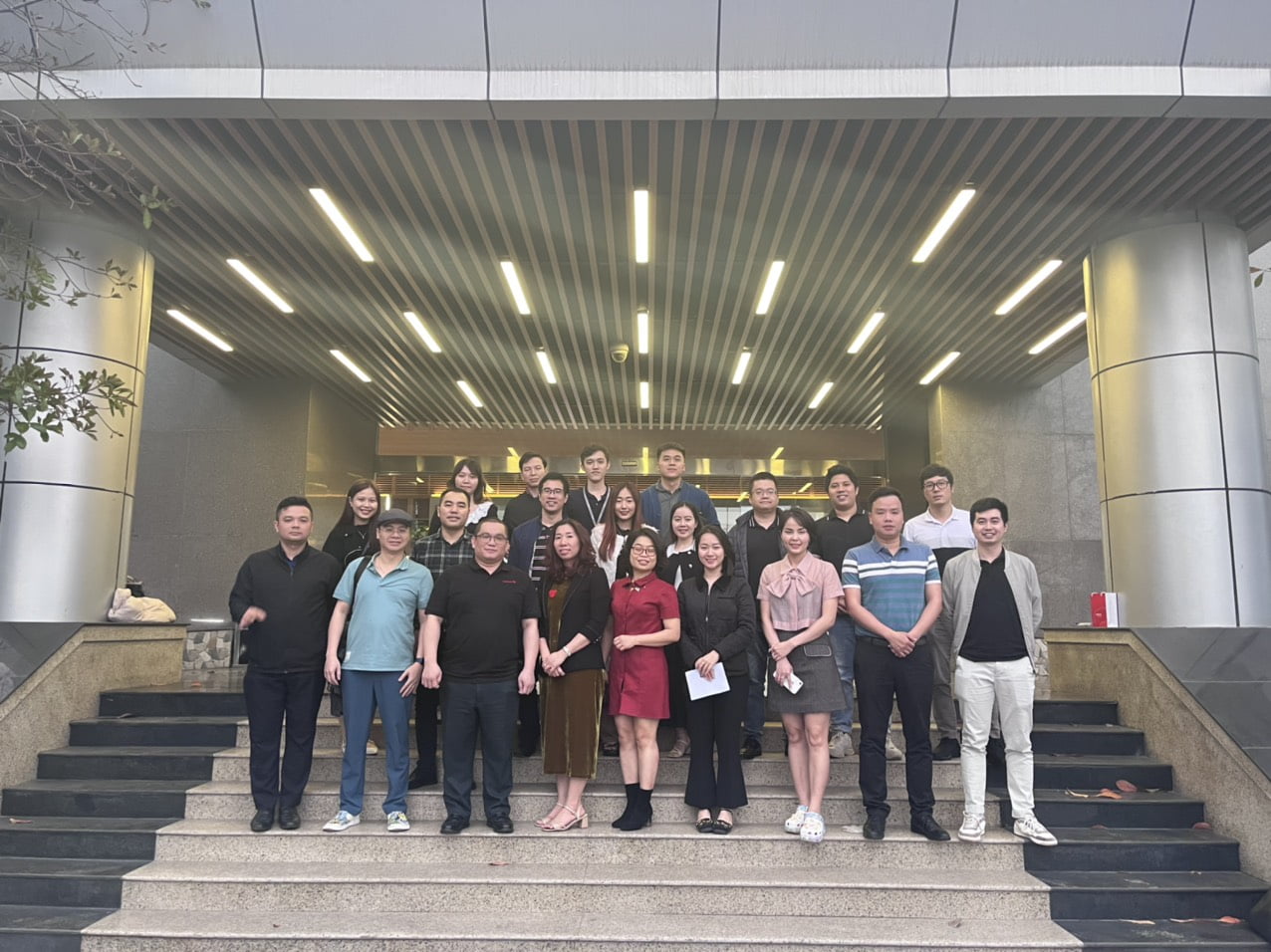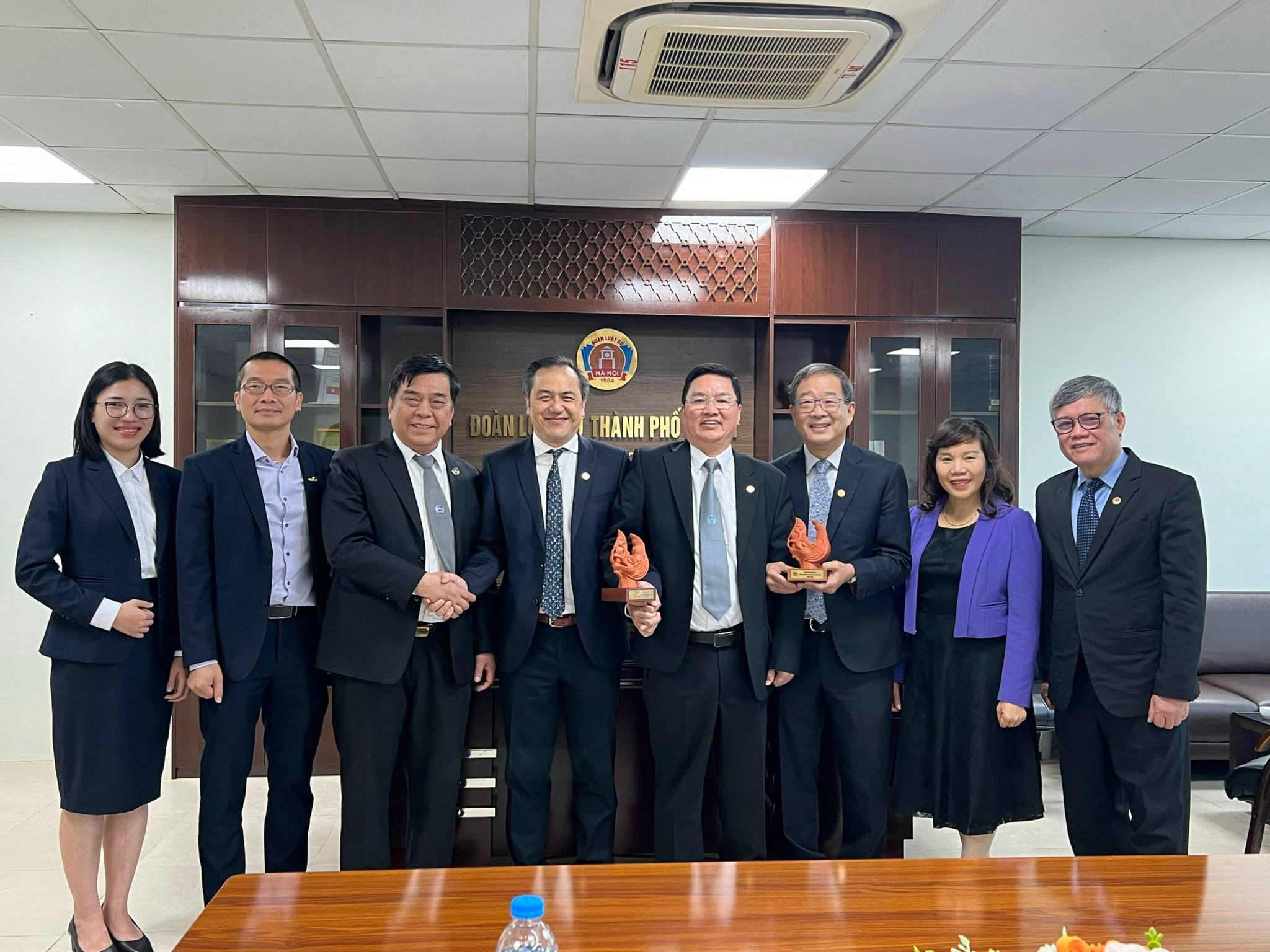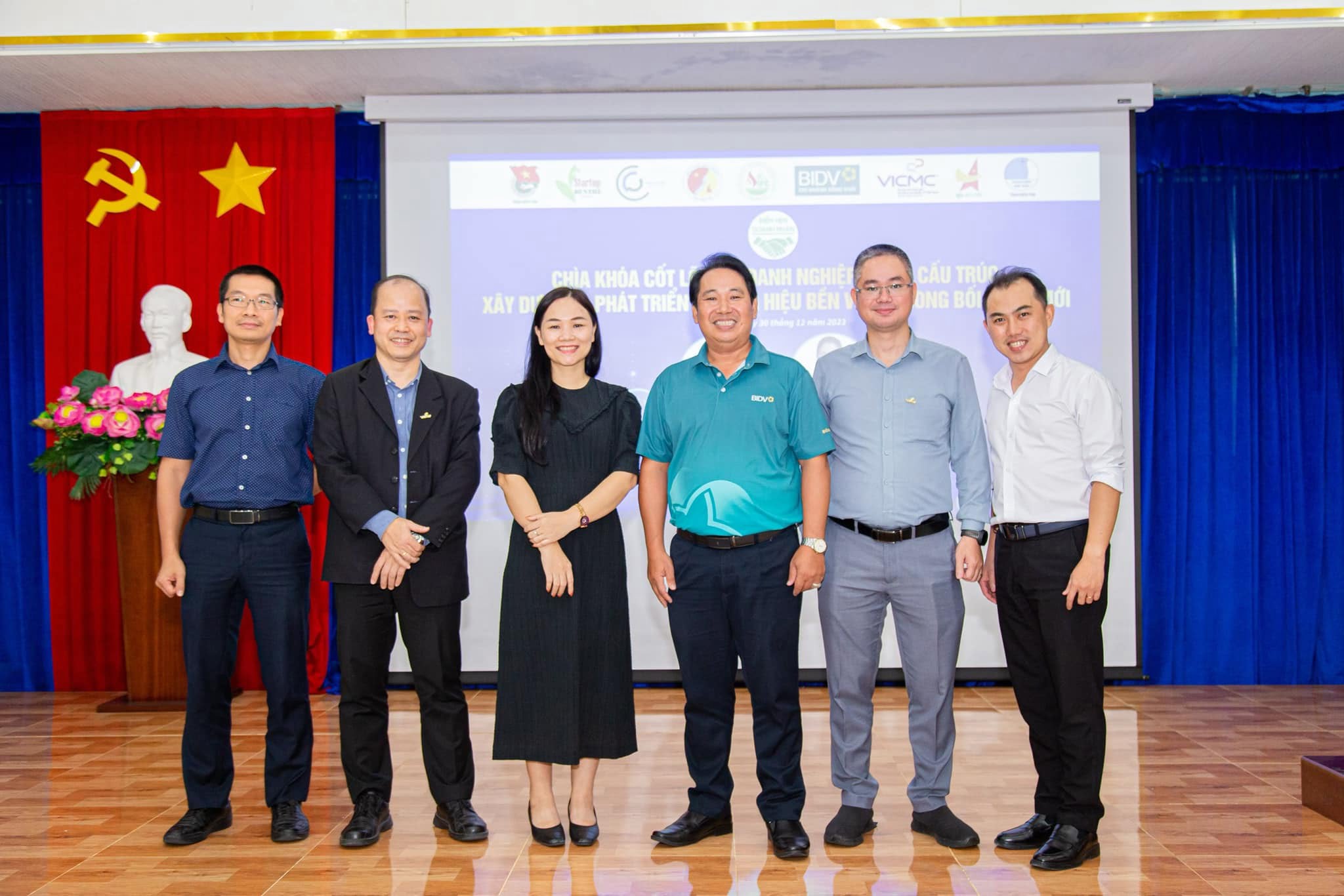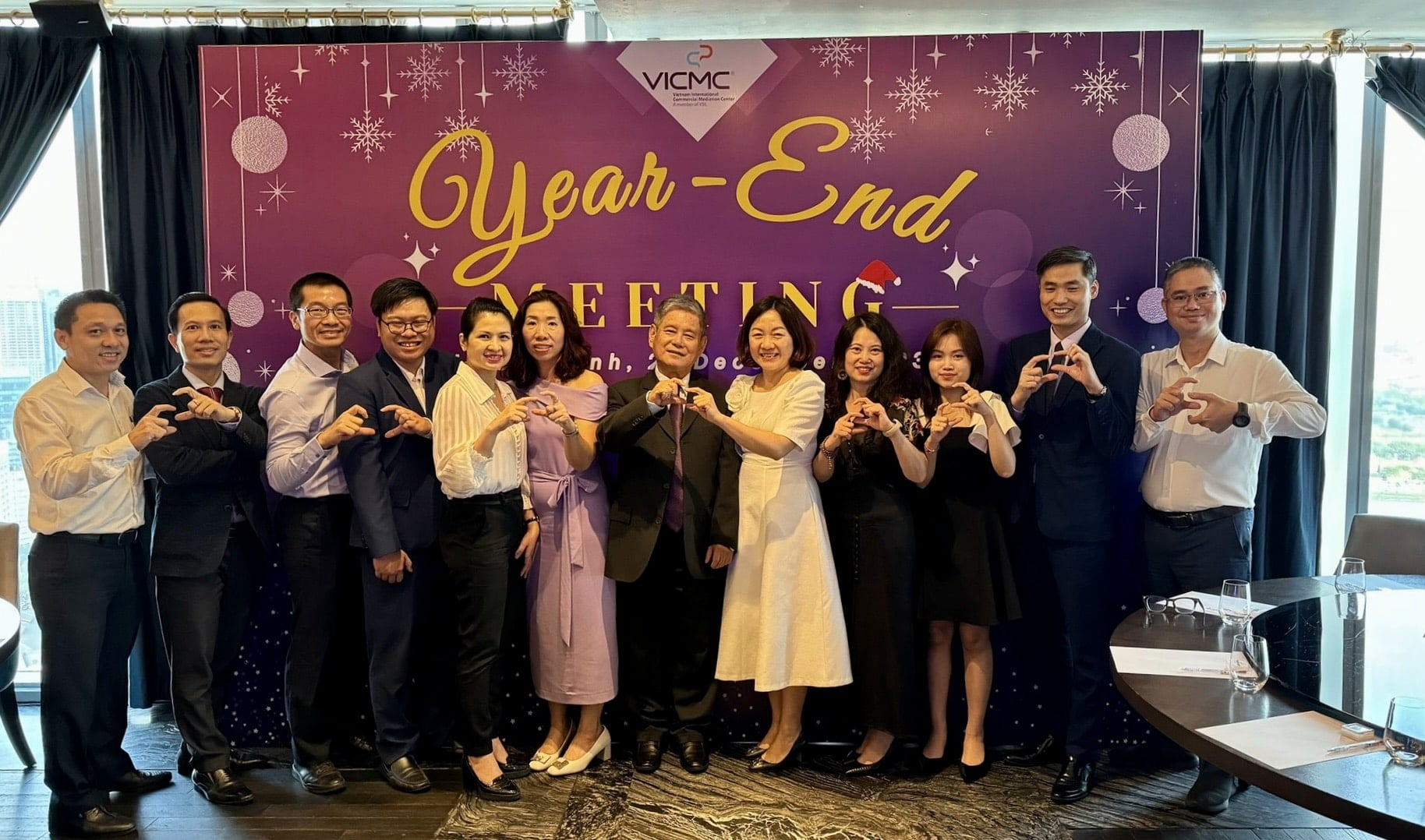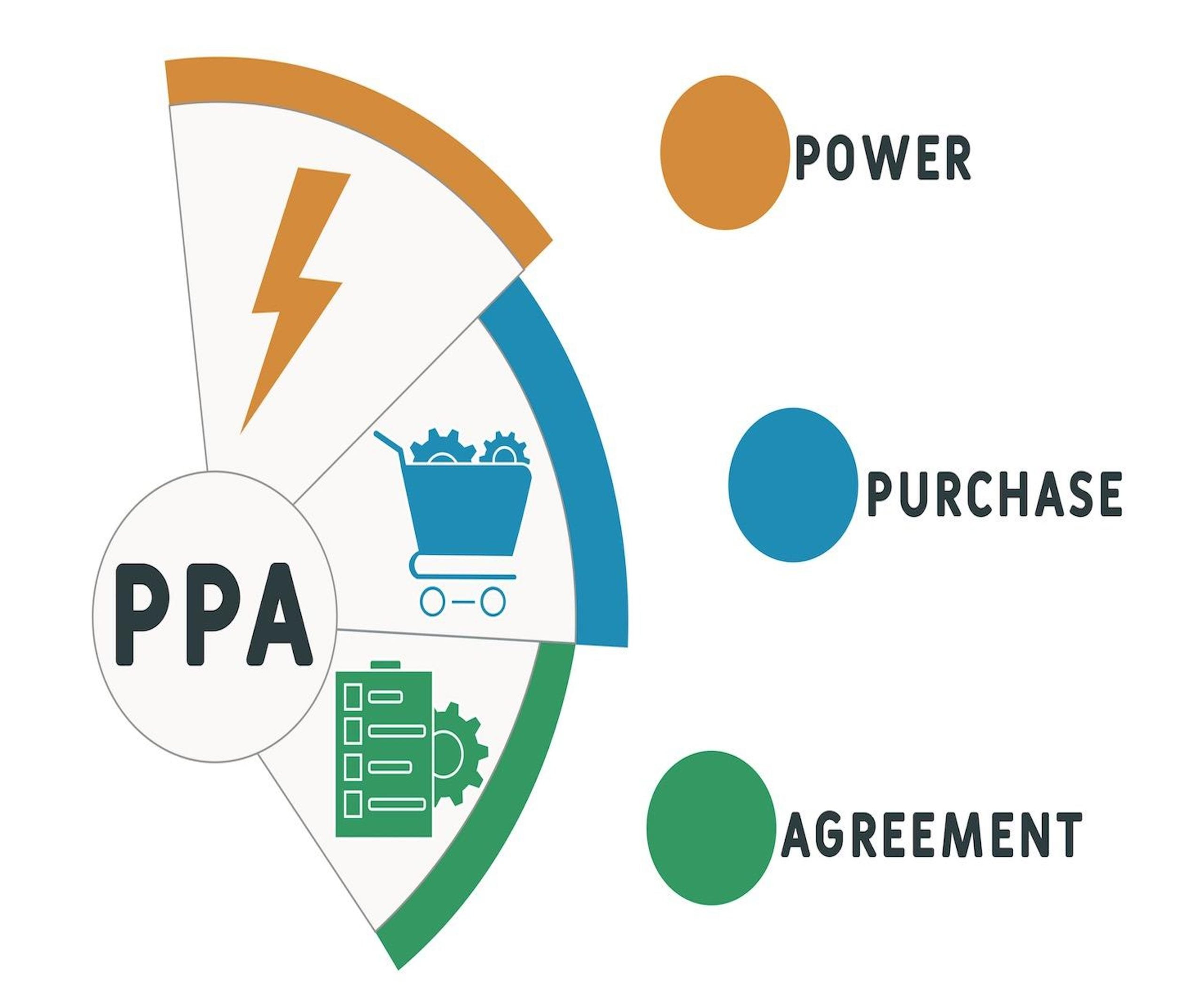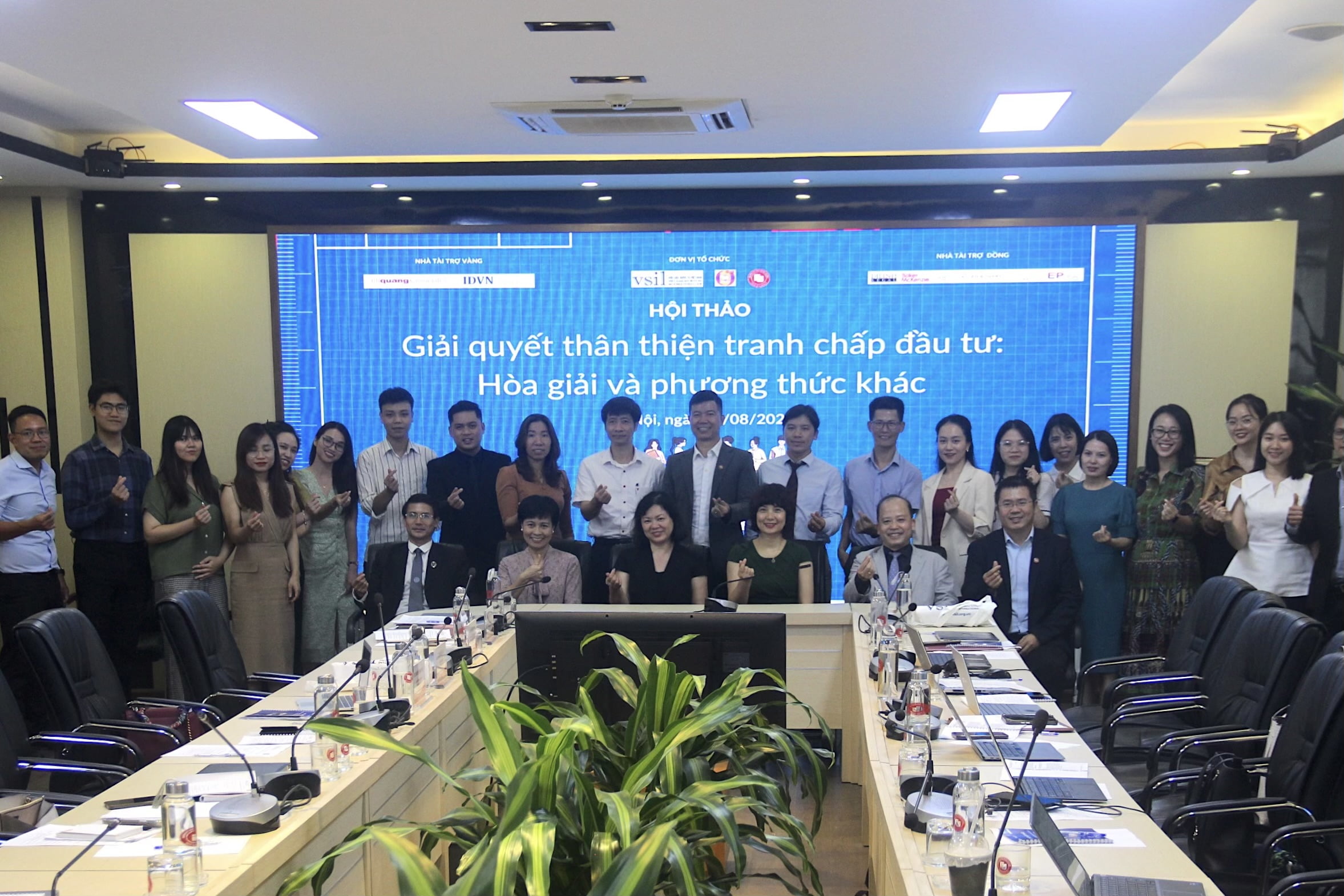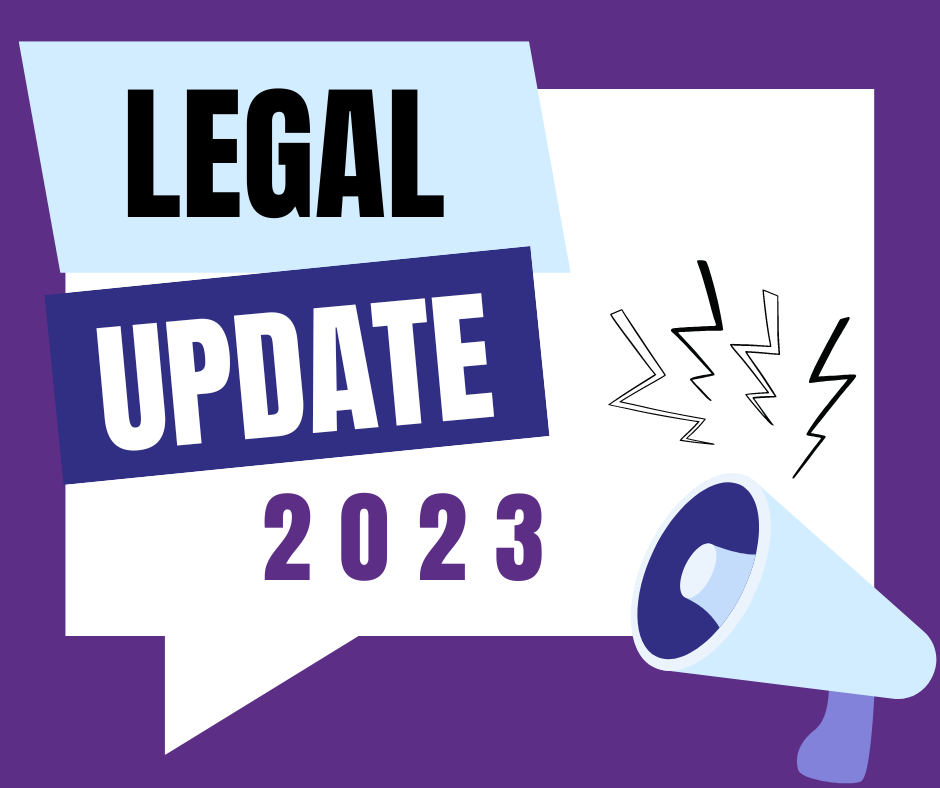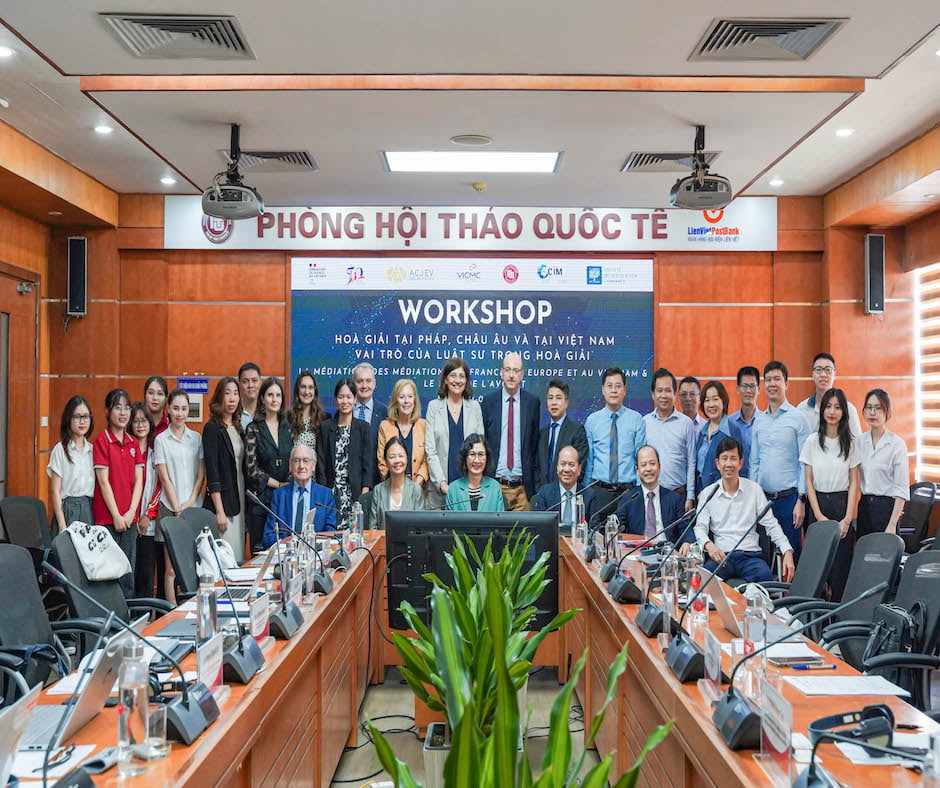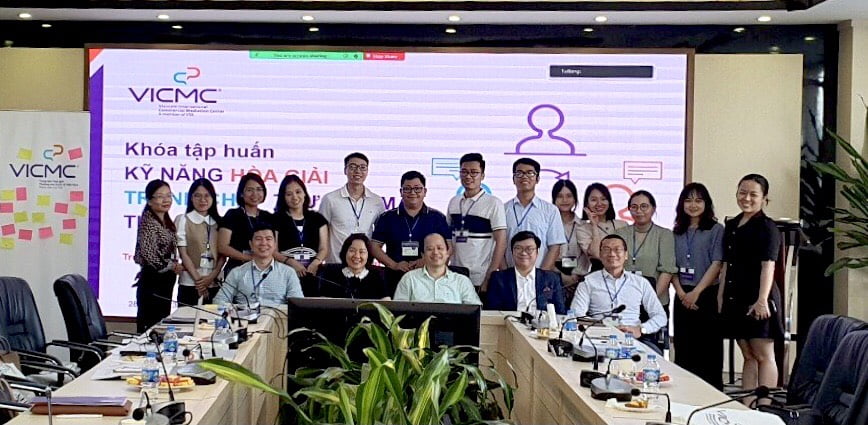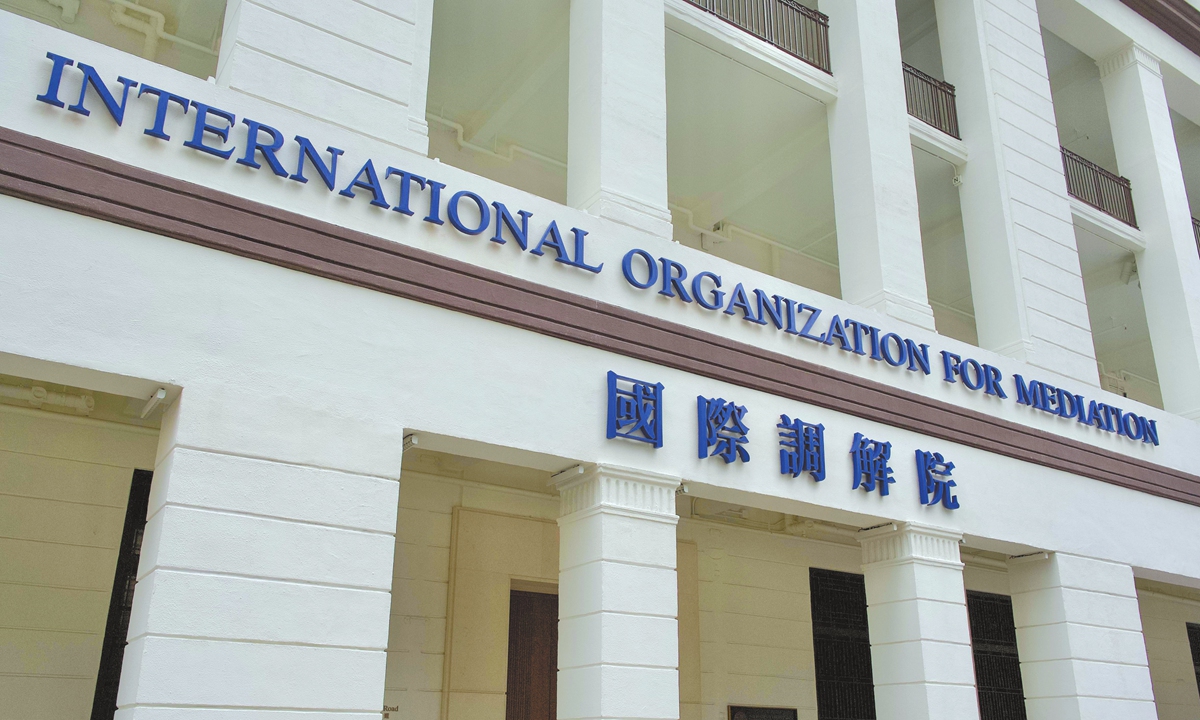The Comprehensive and Progressive Agreement for Trans-Pacific Partnership (“CPTPP”) is a new generation free trade agreement (FTA) between 11 member countries: Brunei, Canada, Chile, Malaysia, Mexico, New Zealand, Japan, Peru, Singapore, Australia and Vietnam. The Agreement was signed on March 8, 2018 in Santiago, Chile. For Vietnam, the Agreement took effect on January 14, 2019[1].
Regarding the issue of dispute resolution of enterprises (private entities) of member countries, CPTPP stipulates the obligation of member countries to “make every effort to encourage and facilitate the use of arbitration and other dispute resolution methods for the resolution of international commercial disputes between private parties in the trade liberalization area”[2]. Thus, CPTPP has opened up for businesses to flexibly use appropriate methods of resolving international trade disputes (negotiation, mediation, arbitration and court). At this time, the dispute resolution capacity of each country will be the deciding factor for businesses to consider choosing. Comparing the capacity of resolving trade disputes between Vietnam and CPTPP member countries as a basis for activities to improve competitiveness in the field of trade dispute resolution is necessary.
According to the Doing Business Report (“DBR”), the Contract Enforcement Index is one of 12 indexes compared among countries[3]. This index measures the Time and Cost to resolve trade disputes through local courts of first instance, and the Quality of trial processes. The index also assesses whether each economy applies good international practices, such as alternative dispute resolution (ADR) mechanisms and the establishment of specialized commercial courts to promote the quality and efficiency of contract dispute resolution to ensure contract enforcement.
a. The amount of time used to resolve disputes
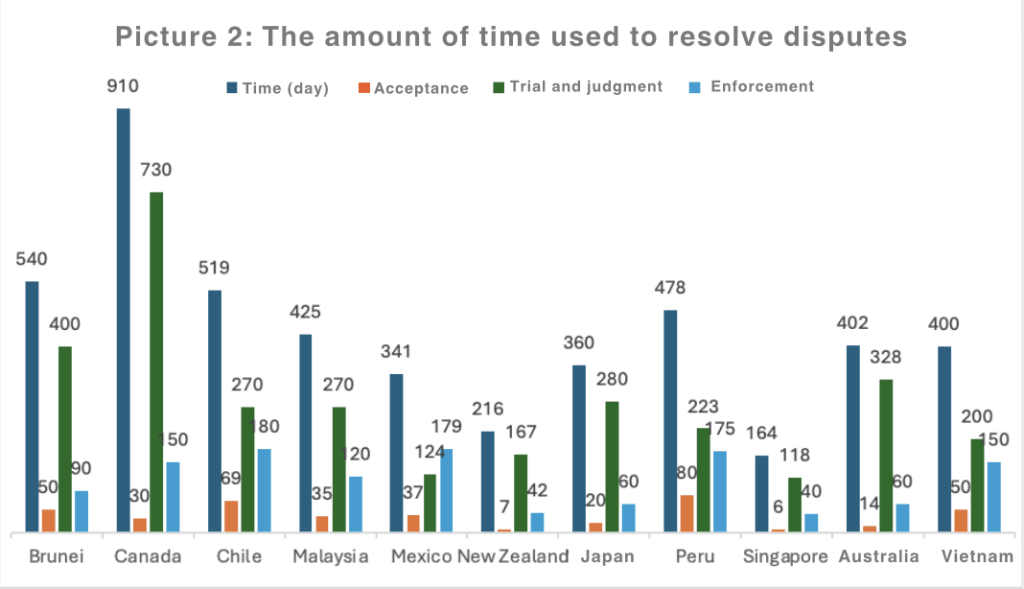
The time to resolve a dispute in court is calculated from the time the plaintiff decides to initiate a lawsuit to the court until the completion of enforcement. The average time of three different stages of dispute resolution is assessed, including: (i) acceptance, (ii) trial and judgment, and (iii) enforcement.
DBR 2020 shows that Singapore has the shortest time to resolve a dispute in court among CPTPP members (164 days). Other CPTPP members have average dispute resolution times ranging from 200 to more than 500 days. Canada alone has the longest time to resolve a dispute in court (910 days). This difference is mainly due to the long trial and judgment stage (730 days for Canada, while this stage in Singaporean courts takes an average of only 118 days).
Vietnam has a time limit of 400 days for dispute resolution at the Court, of which the acceptance stage is 50 days, the trial and sentencing stage is 200 days, and the execution stage is 150 days. Vietnam ranks 5th among CPTPP members in terms of the number of days to resolve a case from the time of filing until the end of execution, after Singapore (164 days), New Zealand (216 days), Mexico (341 days) and Japan (360 days). If considering each stage separately, among CPTPP economies, Vietnam ranks 8th in acceptance time, 4th in trial and sentencing time, and 7th in execution time.
Vietnam’s average figures are also quite close to Australia (402 days) and Malaysia (425 days). However, it can be seen that the trial and sentencing time of these two countries is many times longer than the execution time. Meanwhile, these two stages in Vietnam are not too far apart (200 days for trial, judgment and 150 days for enforcement).
Good experience in resolving contract enforcement in some countries is to establish separate courts or procedures for small value disputes. Most members of the CPTPP have institutions to resolve small value disputes (see Table 1)
| Country | Small Claims Court | Small Claims Tribunal | Small Claims Procedure |
| Brunei[4] | x | ||
| Canada (Ontario) [5] | x | ||
| Chile | |||
| Malaysia[6] | x | ||
| Mexico | |||
| New Zealand[7] | x | ||
| Japan[8] | x | ||
| Peru | |||
| Singapore[9] | x | ||
| Australia[10] | x | ||
| Vietnam |
The 2015 Civil Procedure Code of Vietnam provides for simplified procedures but does not have criteria applicable to the value of the dispute, such as:
– The case has simple circumstances, clear legal relationships, the parties have acknowledged their obligations; documents and evidence are complete, ensuring sufficient grounds to resolve the case and the Court does not have to collect documents and evidence;
– The parties all have clear addresses of residence and headquarters;
– There are no parties residing abroad, the disputed property is abroad, except in cases where the parties abroad and the parties in Vietnam have agreed to request the Court to resolve the case under simplified procedures or the parties have presented evidence of legal ownership of the property and have reached a unified agreement on the handling of the property[11].
However, although the simplified procedure has been in effect for more than 04 (four) years, this procedure has not been widely applied in practice for various reasons, such as the concepts of “simple circumstances” and “the parties admitting their obligations” have not been clearly defined, leading to a lack of consistency in the understanding of legal provisions on the application of simplified procedures[12]. In addition, the application of simplified procedures is not mandatory, so the Court chooses to apply the settlement according to the normal procedural order and procedures to avoid the settlement of disputes that may be appealed or protested.[13]
A good experience in avoiding backlog and delay of cases, many drastic solutions have been applied in the Singapore court system to ensure that the stages of the proceedings take place according to strict deadlines approved by the Court in advance, such as: minimizing the postponement of meetings and court sessions. The Court only grants adjournments when the parties have valid reasons, usually exceptional circumstances beyond the control and foreseeability of the parties[14]; economic sanctions are imposed when the parties fail to comply with the Court’s procedural rules[15]. Thanks to such drastic measures, the time to resolve contract disputes in Singapore has improved from 5 years (in 1991)[16] to 164 days (in 2019)[17].
b. Costs of dispute resolution
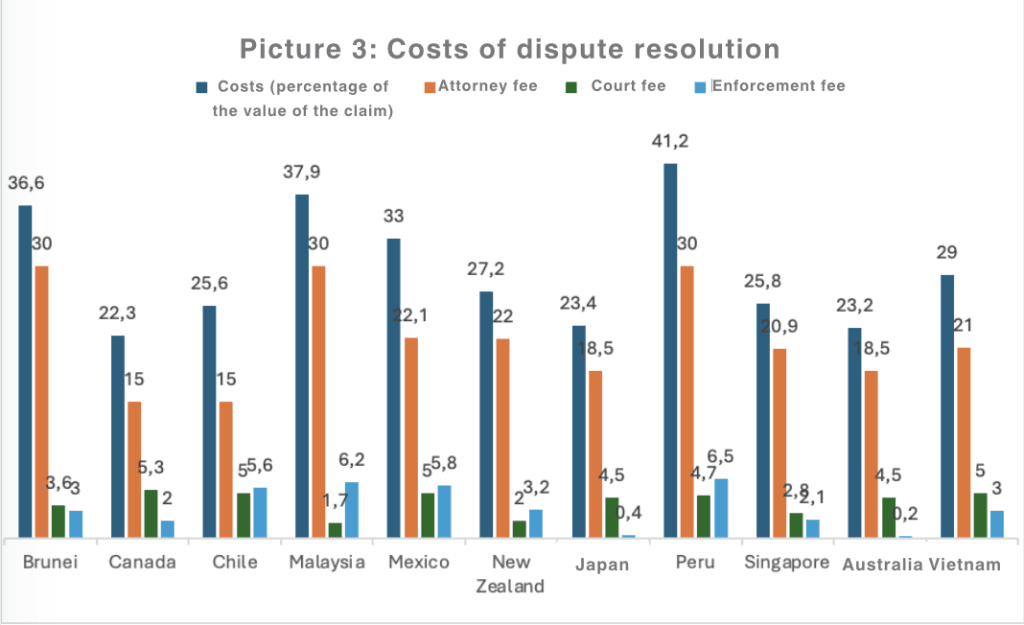
According to the DBR, dispute resolution costs are calculated as a percentage of the value of the claim. The three types of costs recorded are attorney fees, court fees and enforcement fees. The cost that accounts for the largest proportion of the DBR is attorney fees. In fact, attorney fees are closely related to the time it takes to resolve a case. The longer the time, the higher the attorney fees[18].
Surprisingly, Canada has the lowest dispute resolution costs in the CPTPP (22.3% of the value of the claim) while it is the country with the longest dispute resolution time. This issue can only be explained by the Canadian adjudication process, which focuses on the judge’s responsibility to resolve the case without wasting the time and costs of the parties. Following Canada are Australia (23.2%) and Japan (23.4%). Australia and Japan are also two countries with quite impressive enforcement costs (accounting for only 0.2% and 0.4% of the value of the lawsuit). Vietnam has a dispute resolution cost of 29% of the value of the lawsuit, ranking 7th among CPTPP countries. Vietnam’s lawyer fees and court fees are comparable to many other countries, ranking 6th and 8th respectively in CPTPP.
(To be continued)
*About the Authors:
Lawyer Nguyen Hung Quang – President of Vietnam International Commercial Mediation Center (VICMC)
Nguyen Tran Lan Huong – Member of the Secretariat of Vietnam International Commercial Mediation Center (VICMC)
[1] Ministry of Industry and Trade, Overview, http://cptpp.moit.gov.vn/?page=overview&category_id=9040e56c-c3f5-4592-9fe7-baa47f75a7c0 accessed on June 30, 2021.
[2] Comprehensive and Progressive Agreement for Trans-Pacific Partnership, Article 28.23.
[3] The World Bank Group, Doing Business 2020, 2019. This is an annual report conducted by the World Bank through investigation and survey of regulations that promote or restrict business activities. DBR 2020 was published on October 24, 2019 based on research and assessment of 12 areas related to business activities in 190 economies.
[4] The Small Claims Tribunals-Subordinate Court, Small Claims Tribunal – General Information, http://judiciary.gov.bn/SJD%20Images/Small%20Claims%20Tribunal%20-%20Complete.pdf access on 02/07/2021.
[5] Superior Court of Justice, https://www.attorneygeneral.jus.gov.on.ca/english/courts/scc/ truy cập ngày 02/07/2021; Ministry of the Attorney General, https://www.attorneygeneral.jus.gov.on.ca/english/courts/scc/ access on 02/07/2021.
[6] Official Portal of the High Court in Sabah&Sarawak, General Information, https://judiciary.kehakiman.gov.my/portals/media/attachments/Self-Representative/Small%20Claim.pdf access on 02/07/2021; Farihana Abdul Razak, Nor Hidayati Abdullah, Amylia Fuziana Azmi, Nor Laila Ahmad, Afidah Osoman, Breach of Contract: Filing Small Claims at the Magistrate Court in Malaysia, https://hrmars.com/papers_submitted/6675/Breach_of_Contract_Filing_Small_Claims_at_the_Magistrate_Court_in_Malaysia2.pdf access on 02/07/2021.
[7] Ministry of Justice, Dispute Tribunal, https://www.justice.govt.nz/assets/Documents/Publications/MOJ0058-Disputes-Tribunal-booklet-WEB.pdf access on 02/07/2021.
[8] Masayuki Yoshida, Japanese Small Claims Procedures: How Does It Work?, Murdoch University Electronic Journal of Law, http://www5.austlii.edu.au/au/journals/MurUEJL/2004/15.html access on 02/07/2021.
[9] State Courts Singapore, About the Small Claims Tribunals, https://www.statecourts.gov.sg/cws/SmallClaims/Pages/GeneralInformation.aspx access on 02/07/2021.
[10] Australia Competition & Consumer Comission, Small Claims Tribunal, https://www.accc.gov.au/contact-us/other-helpful-agencies/small-claims-tribunals access on 02/07/2021.
[11] 2015 Civil Procedure Code, Article 317.
[12] Pham Thi Hong Dao, Simplified procedure according to the provisions of the 2015 Civil Procedure Code, access the link http://www.moj.gov.vn/qt/tintuc/Pages/nghien-cuu-trao-doi.aspx?ItemID=1986.
[13] Mai Thoa, Proposed mechanism and model for resolving civil cases and matters according to the simplified procedure, access the link https://congly.vn/hoat-dong-toa-an/tieu-diem/de-xuat-co-che-mo-hinh-giai-quyet-vu-viec-dan-su-theo-thu-tuc-rut-gon-105338.html.
[14] Singapore State Courts, Practice Direction.
[15] Singapore Rules of Court, Article 59, paragraphs 5(1)(b) and 5(1)(d), https://sso.agc.gov.sg/SL/SCJA1969-R5#PO59-P4_3-pr5-; Singapore State Courts, Practice Directions, Section 144(8).
[16] Waleed Haider Malik (2007), Judiciary-Led Reforms in Singapore, World Bank, p. 16.
[17] World Bank, Doing Business Report, Singapore 2019, https://www.doingbusiness.org/en/data/exploreeconomies/singapore#DB_ec.
[18] Nguyen Hung Quang, Chapter 9: Contract Enforcement, in Vietnam Economic Growth Diagnostic Report, p. 229-230, Central Economic Committee – United States Agency for International Development, 2017.
Secretariat






